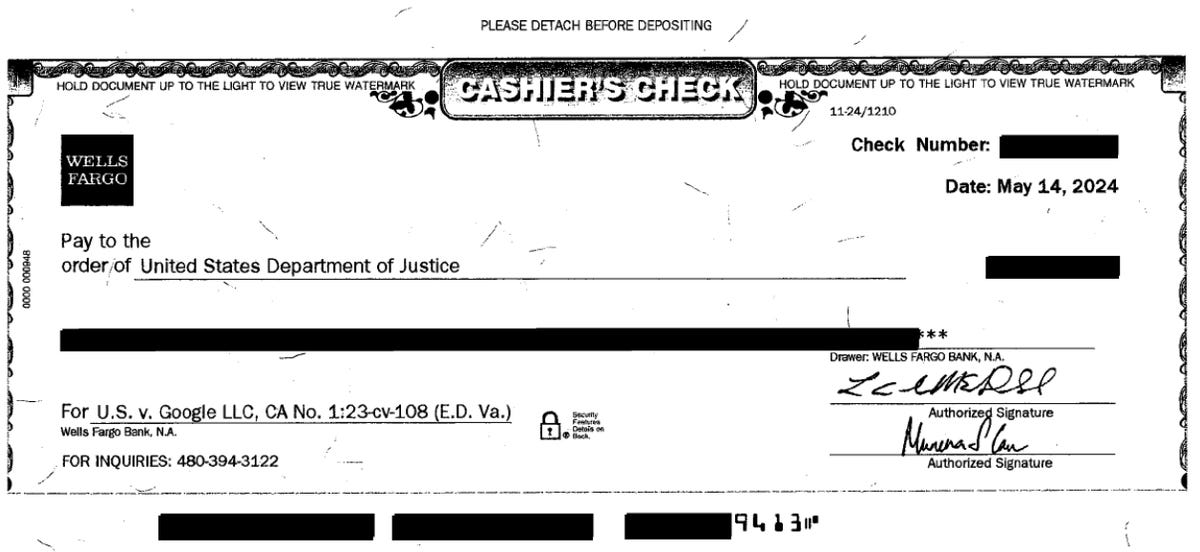
Supply-Side Healthcare?
In 2019, Florida Governor Ron DeSantis signed a bill into law that deregulated new hospital construction and unleashed a “hospital-building boom.” Some sixty-five new hospitals were planned in the three years after DeSantis signed the bill ending decades-old regulations on hospital construction called “certificate of need” (CON) laws, which could amount to as much as a 20 percent increase in total hospitals in the state.1 And it isn’t just Florida: Ohio repealed its own CON laws for hospitals in 2012. Today, Ohio is experiencing its own hospital boom. In 2019, the Cleveland Clinic planned a new facility within seven miles of two other hospitals and two other health systems. “The Columbus area seems sick with medical construction,” reports the Columbus Dispatch, “Every week, it seems, another major project gets underway.” In 2022, the largest and wealthiest hospital system in Massachusetts—Mass General Brigham—received approval for an enormous $2 billion expansion. Nationally, total private construction spending on healthcare facilities has nearly doubled in the past decade, rising from $28.9 billion in 2014 to $50.4 billion in 2023.2
As some pundits tell it, this type of “supply-side” competition-based expansion is exactly the medicine our healthcare system needs. The root cause of constrained access and rising healthcare costs, the argument goes, is public regulation giving the provider side of the market more leverage, allowing it to extract higher payments from insurers. Greater competition will lead to expanding supply, leveling the playing field between providers and insurers without altering the nature of ownership or public responsibility in the sector. “Call it supply-side economics, but for healthcare,” Matthew Yglesias wrote in Bloomberg, advising that we “focus less on the way insurance works than on expanding care to increase competition and reduce prices.” The Nikansen Center echoes the sentiment and generalizes it across those service industries at the core of American life. In healthcare, higher education and housing, this bipartisan consensus argues, supply expansion is the solution to rising costs.3


















/cdn.vox-cdn.com/uploads/chorus_asset/file/25454278/DCD_Sundar_Pichai.jpg)







